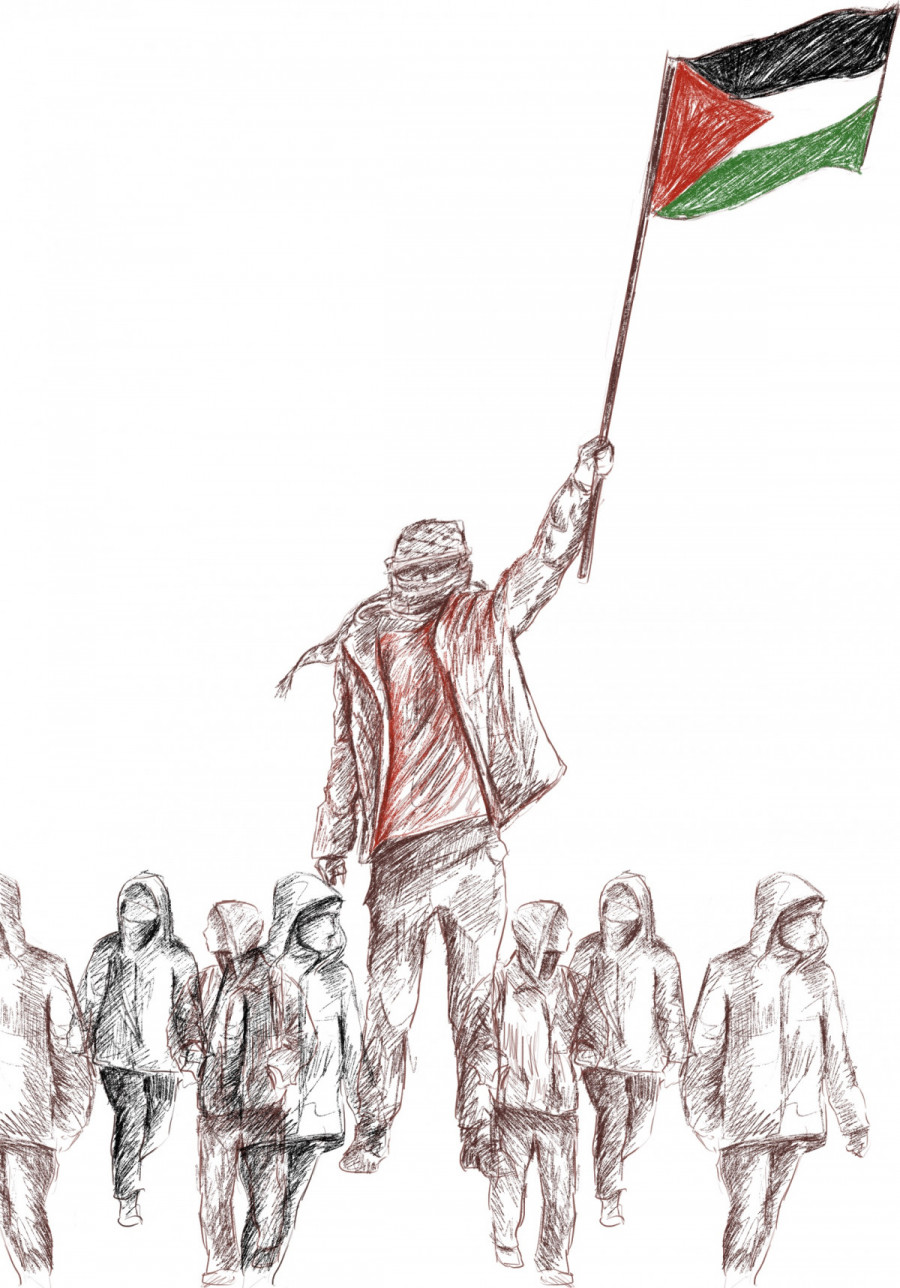How to be better activists
Activism isn’t an individual fight, but a collective responsibility
What does it mean to be an activist?
There are many ways to subjectively define it. According to the Oxford Dictionary, an activist, by standard definition, is “a person who campaigns to bring about political or social change.” That meaning reads to be quite obvious and soul-lacking, making the mistake of reducing activism to just “campaigning.”
Here’s my definition. To be an activist is to know and need freedom in a life you dream of for yourself and your loved ones—even if that dream might be inaccessible in your lifetime. In more academic terms, being an activist is a journey. It’s a compilation of one’s personal and communal stakes in a social movement, shared experiences and priorities within their personal environment.
As a second-generation Palestinian immigrant born in Tio’tià:ke (Montreal) decades after the occupation of Palestine, I can tell you that since my awareness of being Palestinian, I have been familiar with the idea that I might not see a free Palestine in my lifetime. I am living in one of the worst periods that my people have ever faced.
From the nature of the longevity of the Palestinian fight to family theories and tragedies, and to the world around us, it might be true. I might not live back home, but that thought will never settle until my last breath. Like my parents, and theirs, I believe that if I do not return home, my kids will. From the moment I was able to, I have fought for Palestine like it’s going to be freed tomorrow, whether it be for me or the ones after me.
To be better activists, we must feel the urgency of freedom, justice and change in our everyday lives, whether we experience it on a daily or not. Passion and strong conviction in freedom is what makes activist work a successful and collective accumulation for a better reality. Activism is not as simple as a campaign; it is a multifaceted and lifelong commitment to being free.
The second mistake the Oxford Dictionary makes is the nuance that activism is individual by only offering the singular definition. Activism is never individual. If you see an instance in which it is, know that there are truly dozens, hundreds, thousands or millions of people behind that activism.
Behind Malcolm X, there were hundreds of Black people fighting for emancipation and civil rights. Behind Nelson Mandela, there were millions of South Africans over generations who started the fight for equality with smaller, but equally effective steps. Behind the faces of any Palestinian intifada are millions of Palestinians fighting to return to a liberated homeland. Activism is never one big step, but a strategic and generational cluster of many small ones that enable what makes the headlines.
Being a real activist is only achieved effectively with the comrades around you. I am never alone. I fight better with people around me. My work is always better with my comrades. My perspectives are ever-changing because of my comrades. My heart only grows fonder for my cause because of the soul that my comrades breathe into the movement.
To be better activists is to believe that you do not and cannot stand alone for a cause. It’s to believe that you can only be better in camaraderie within a social movement, whether big or small. The future starts with a small step you take, hand-in-hand with your comrade, where all of you are ready to sacrifice for either a lifelong fight or a dream that can come true tomorrow.
This article originally appeared in Volume 45, Issue 1, published September 3, 2024.





_(1)_600_375_s_c1.png)

